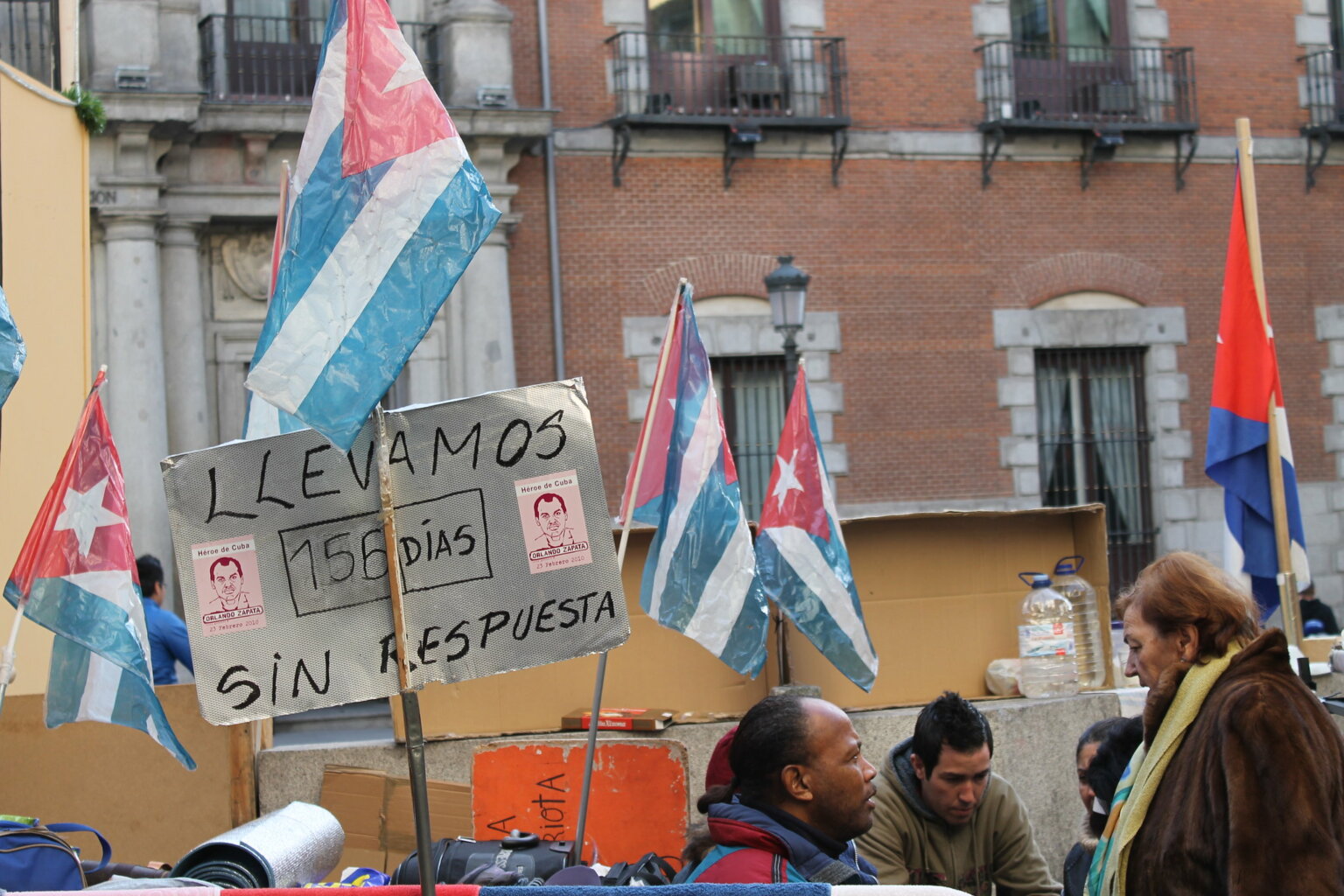- About
- Topics
- Picks
- Audio
- Story
- In-Depth
- Opinion
- News
- Donate
- Signup for our newsletterOur Editors' Best Picks.Send
Read, Debate: Engage.
| topic: | Democracy |
|---|---|
| located: | Uruguay |
| editor: | Ellen Nemitz |
Uruguay is usually referred to as a safe country; however, in 2019, AP News reported an "epidemic of violence,” as specialists dubbed the phenomenon of a 46 percent increase in homicide rates. The numbers were not enough to name Uruguay the most violent country in the region, but they served to mobilise a political movement that facilitated the election of the right-wing president Luis Lacalle Pou in early 2020.
Following his inauguration, and loyal to his campaign promises, Lacalle Pou managed to submit a bill called Urgent Consideration Law (LUC in Spanish) which proposed, among other reforms, to make punishment for crimes more severe. It was initially approved in July 2020, but was later condemned by the United Nations. In December 2021, following a campaign that raised more than 670,000 signatures, the National Electoral Court authorised a referendum, to be held on 27 March, in which the population will vote on the 135 most controversial items of the law - but, not on the entire legislation itself.
"We believe that the reforms that are discussed behind closed doors, without adequate elaboration and information and without the participation of the sectors involved, deteriorate our democracy and rights that have been conquered through long social processes," reads the presentation of Vota Sí campaign - they advocate for a "yes" on the referendum, meaning to reject parts of the Urgent Consideration Law.
As for public security, according to Americas Quarterly, the reform would potentially strengthen the power of the police, reduce the chances of free street protests and also increase the possibilities of longer prison sentences. Besides, the law also creates an official governmental body to gather information, which has been compared to dictatorship times and has been seen by the opposition as a threat to democracy and free expression.
Besides public security, other topics under analysis include education, economy, agriculture, labour relations and health, for instance. The collectively built website LUC Comparada comments on all the controversial articles, explaining the consequences of each one. Meanwhile, the National Union of Private Education Workers recorded a video in which it explains that one article, for instance, may threaten secularism in education and impose the ideology of one political group over all teachers and schools.
The results of the referendum are unclear. According to a recent poll, nearly 47 percent would vote against the law as it is currently written, while 42.6 percent would maintain it and around 10 percent have not yet decided - the share of votes against it is higher in the capital city, Montevideo. Another poll, however, brings completely different results, making it hard to predict the actual prospects of the referendum.
Uruguayan society is not completely united around the decision to contest the law proposed by Lacalle Pou. Nonetheless, the mere existence of a plebiscite is a good sign, at least for the former leftist president Pepe Mujica: "If democracy is understood as 'government of the people', the more directly the people can assume decisions, surely the more democracy we will have," he assessed in his weekly column for a local radio.
Photo by Tingey Injury Law Firm

